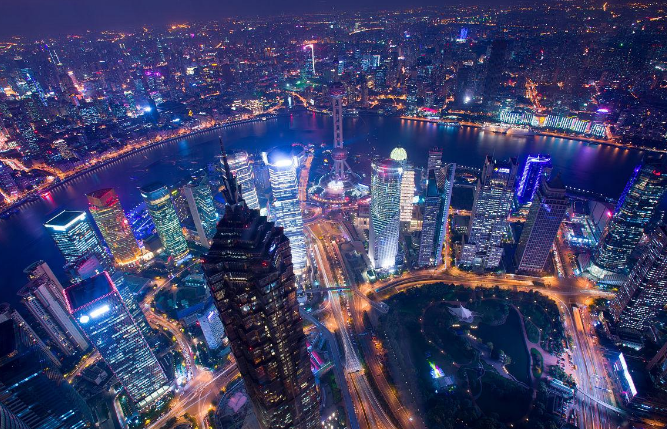Introduction: Being able to endure loneliness is a trait often admired in individuals, often associated with strength and resilience. However, delving deeper, one realizes that the capacity to withstand solitude can also be unsettling and even terrifying. In a world that glorifies social interactions and connections, the notion of willingly embracing isolation can be perceived as unconventional, if not outright alarming. This article explores the complexities surrounding the fear of solitude, examining its psychological, emotional, and societal implications.
The Psychological Impact of Solitude

Loneliness, despite being a universal human experience, is often misunderstood and stigmatized. Research has shown that prolonged periods of isolation can have profound effects on one's mental well-being. Individuals who endure loneliness may experience heightened levels of stress and anxiety, leading to depression and other mental health issues.
Moreover, loneliness can distort one's perception of reality, exacerbating negative thoughts and feelings of inadequacy. In the absence of external stimuli, individuals may spiral into a cycle of self-doubt and rumination, fueling their fears and insecurities.
The Toll on Emotional Well-being
Emotionally, the impact of loneliness can be equally devastating. Human beings are social creatures, wired to seek connection and companionship. When deprived of meaningful interactions, individuals may experience a profound sense of emptiness and isolation.
This emotional void can manifest in various ways, from feelings of despair and hopelessness to anger and resentment. Without a support system in place, individuals may find it difficult to cope with life's challenges, further exacerbating their feelings of loneliness.
Societal Pressures and Stigma
In today's hyperconnected world, there exists a pervasive cultural stigma surrounding solitude and isolation. Society often valorizes extroverted, gregarious behavior, viewing introversion and solitude as signs of weakness or social ineptitude.
Consequently, individuals who prefer solitude or enjoy solitary pursuits may find themselves ostracized or marginalized by their peers. The pressure to conform to social norms and expectations can exacerbate feelings of self-doubt and insecurity, compelling individuals to suppress their authentic selves.
The Paradox of Connectivity
Ironically, despite living in an era of unprecedented connectivity, many individuals find themselves feeling increasingly isolated. Technological advancements that were intended to bring people closer together have, in many cases, contributed to feelings of alienation and disconnection.
Social media platforms, while allowing individuals to curate their online personas and maintain superficial connections, often fail to provide the depth and authenticity of face-to-face interactions. The illusion of connection perpetuated by likes and comments can exacerbate feelings of loneliness, leaving individuals feeling more isolated than ever.
The Editor says: The fear of solitude is a multifaceted phenomenon with psychological, emotional, and societal dimensions. While solitude can be empowering, the societal pressure to conform and the paradox of connectivity in the digital age contribute to the fear and stigma surrounding it.























